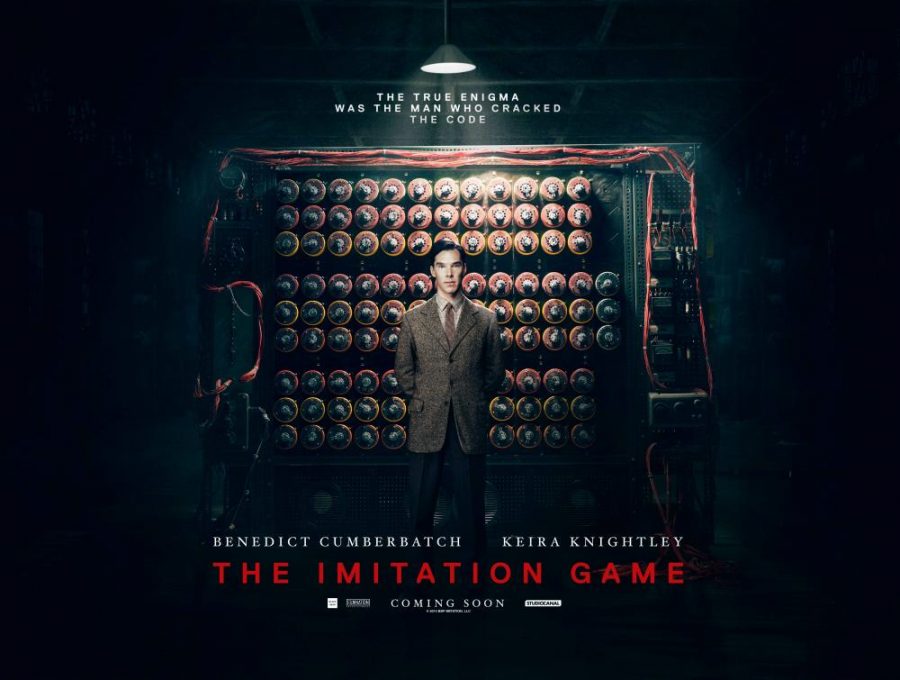
The Imitation Game, directed by Morten Tyldum, is a dramatic biography (keep in mind many Hollywood biographies’ creative liberties often make for historically inaccurate films) detailing British mathematician Alan Turing’s attempt to break the Nazi code, Enigma, during World War II. Turing, considered a father of computer science and artificial intelligence (AI), faced skepticism in his intellectual life and bigotry and emotional issues in his personal life. The film stars Benedict Cumberbatch as Turing and Keira Knightley as comrade Joan Clarke; it released in 2014 to positive reviews.
The movie recognizes viewers’ perennial hunger for the tortured genius: a brilliant, societally beneficial soul, recognized only posthumously for their genius or destroyed by cruel life circumstances. Audiences love rooting for such exceptional people, relieved an on-screen martyr will never be them.
The Imitation Game packages Alan Turing as such a figure: his brilliant, cinematic computer saved countless Allied lives, but skepticism and homophobia ultimately killed him. The film’s first half considers Turing’s unyielding boss and uncooperative colleagues impediments to the mathematician’s genius, detailing his emotional growth. By the second half, the audience roots for the man, allowing the film to calmly villainize homophobia as the pity-laden icing on Turing’s tortured genius cake. (Remarkably, the film considers homophobia a tool to further the tortured genius image instead of Turing’s central struggle, a welcome change from the tired “gay=tragedy” trope.) By the movie’s end, the mathematician’s contributions as the father of AI cement his likability as a societally beneficial martyr.
The Imitation Game effectively markets his remarkable story, sidestepping melodrama as it caters to mainstream sensibilities. The pacing is as mechanical as Turing’s legendary computer, ticking efficiently without losing interest or story. To flesh out his character, the film switches somewhat awkwardly between the mathematician’s childhood, code-breaking years, and eventual arrest; although the transitions detract from wartime codebreaking suspense, they ultimately strengthen the story. For example, Turing’s difficult childhood sympathetically explains his emotional repression. This restraint causes Turing’s adult arrogance, which alienates his colleagues and nearly costs him his job until a bright young mathematician, Joan Clarke, forces Turing to cooperate. The pair’s ensuing relationship largely forms the film’s emotional backbone, well articulated by Cumberbatch and Knightley. Turing’s codebreaking team, which faces standard wartime moral dilemmas (Whose lives are our responsibility? Do we get to play God?), is also sympathetic, with fine performances by Matthew Goode and John Cairncross. Careful art direction and clear dialogue help deliver the film’s emotional suspense.
Overall, The Imitation Game‘s predictable portrayal of wartime ethics and human resistance to change moves readers without resorting to sentimentality. Despite its comfortably bland stance on Turing—the film could have taken a harsher view of bigotry or intellectual stalwarts, for example—the film’s efficient time manipulation, compelling acting, and straightforward dialogue paint an entertaining picture of a compelling man.









